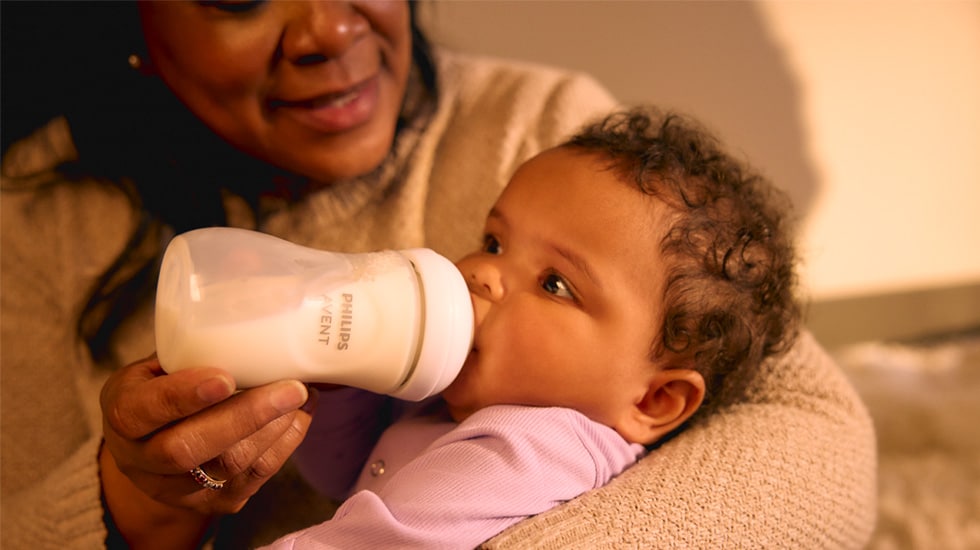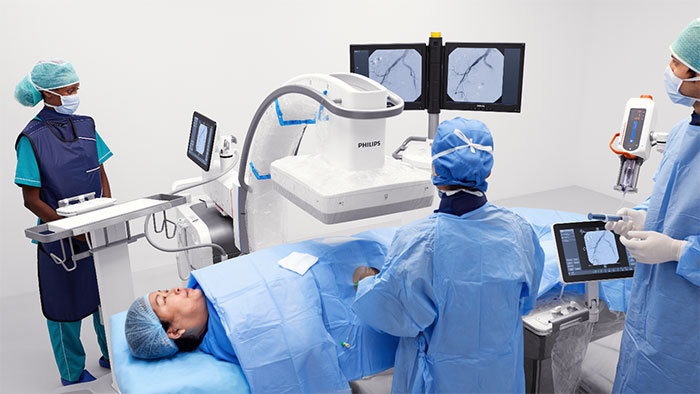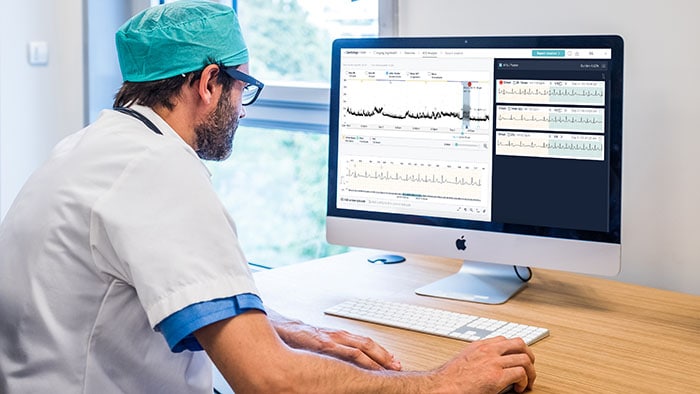Study Finds 90% of People are Willing to Help New Parents—Yet 62% of Moms, Including 76% of Hispanic Moms, Have Difficulty Voicing Their Needs: It’s Time for the Village to Step in with Support
Philips Avent and March of Dimes urge communities to ‘Share the Care’ and bridge the gap to reinvent the modern-day village.
Jul 22, 2025 | 2 minute read
Cambridge, MA –Philips (NYSE: PHG, AEX: PHIA), a global leader in mother and child care, is encouraging the modern-day village, in partnership with March of Dimes, to better support mothers. Building on a nearly 20-year collaboration, new data spotlights the invisible load of early parenthood and empowers communities to play a more active role in caring for moms during the postpartum period and beyond.

The research reveals a powerful disconnect: while 9 in 10 people say they are comfortable helping a new parent if asked, 62% of moms—especially Hispanic moms (76%)— say it’s difficult to express their support needs, especially when the need is emotional or mental.
“The transition to parenthood is one of the most important and most challenging times in a person’s life, yet many new moms face it without the support they need,” said Kelly Ernst, Chief Impact Officer at March of Dimes. “Together with Philips Avent, we’re calling on communities to turn their willingness to help into meaningful action. When we equip families, friends, and neighbors with the tools to show up, we can begin to build a village that truly supports every mom.”
Key Findings from the Philips Avent & March of Dimes Share the Care Survey o 2 out of 3 parents say they need the most help in the first three months postpartum. o 17% of Moms with a child age 3 or younger have not received any support outside of their spouse or partner. Even among Moms who did receive support, 42% say it isn’t enough. o Most new moms want support with mental/emotional health (postpartum depression, feelings of isolation, decision fatigue) and self-care/recovery (breaks, light exercise, therapy). o 93% of moms of an infant/toddler say self-care is essential, but 8 in 10 get less than an hour of personal time per day. o Only 31% of the public are very familiar with postpartum health issues. Those informed about postpartum issues are 2.5x more likely to offer support to a parent as they navigate raising their infant/toddler. o Fathers of kids under 18 are just as likely as moms to have supported a parent of an infant or toddler (72% vs. 75%)—and when it comes to financial support, dads are leading the way (42% vs. 26%). o Among General Public Village supporters, support is more often provided to an immediate family (63%) than close friend (49%) —but everyone can play a role.
As an OBGYN and a new mom, I’ve seen how deeply a parent’s well-being shapes their child’s health,” We need to normalize asking for help and create a culture where support is proactive, not reactive, so that moms and villagers have the confidence to Share the Care.
About the campaign The campaign encourages families, friends, and communities to “Share the Care” by offering small, intentional acts of support—from checking in with a new mom to helping with meals or simply listening. It also provides educational resources to help villagers understand what new parents truly need and how they should show up to support.
Media contacts
Rachel Triller Senior Marketing Communications Manager E-mail: rachel.triller@philips.com






